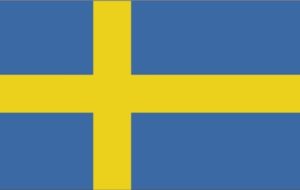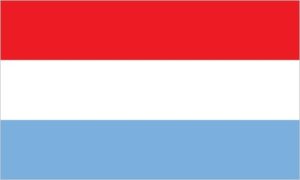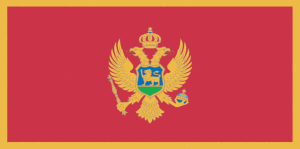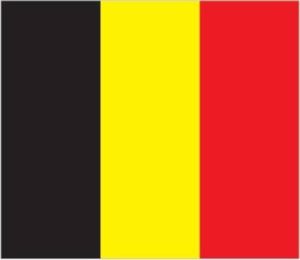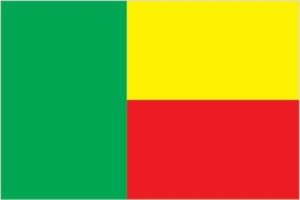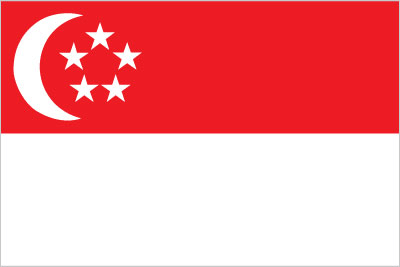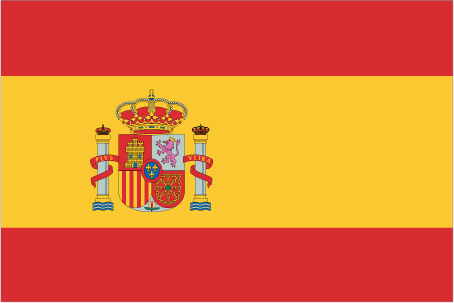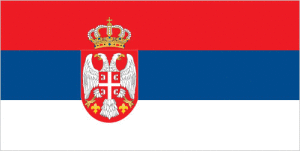
Flag of Serbia
Serbia celebrates National Day. Serbia has a complex history, belonging to other nations, including Yugoslavia. This European landlocked country is about the size of South Carolina. Over seven million people live in Serbia, and Belgrade is the capital. Its main agricultural products are wheat, maize, and sugar beets.

